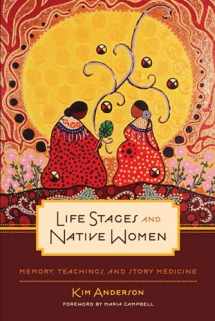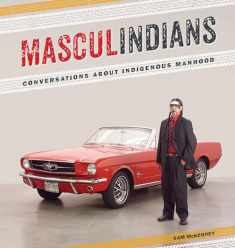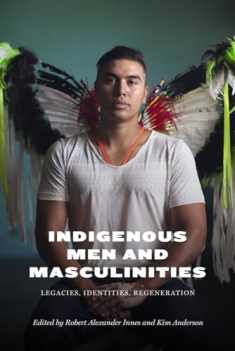
Life Stages and Native Women: Memory, Teachings, and Story Medicine (Critical Studies in Native History, 15)
Book details
Summary
Description
A rare and inspiring guide to the health and well-being of Aboriginal women and their communities.The process of “digging up medicines” - of rediscovering the stories of the past - serves as a powerful healing force in the decolonization and recovery of Aboriginal communities. In Life Stages and Native Women, Kim Anderson shares the teachings of fourteen elders from the Canadian prairies and Ontario to illustrate how different life stages were experienced by Metis, Cree, and Anishinaabe girls and women during the mid-twentieth century. These elders relate stories about their own lives, the experiences of girls and women of their childhood communities, and customs related to pregnancy, birth, post-natal care, infant and child care, puberty rites, gender and age-specific work roles, the distinct roles of post-menopausal women, and women’s roles in managing death. Through these teachings, we learn how evolving responsibilities from infancy to adulthood shaped women’s identities and place within Indigenous society, and were integral to the health and well-being of their communities. By understanding how healthy communities were created in the past, Anderson explains how this traditional knowledge can be applied toward rebuilding healthy Indigenous communities today.


We would LOVE it if you could help us and other readers by reviewing the book
Book review





